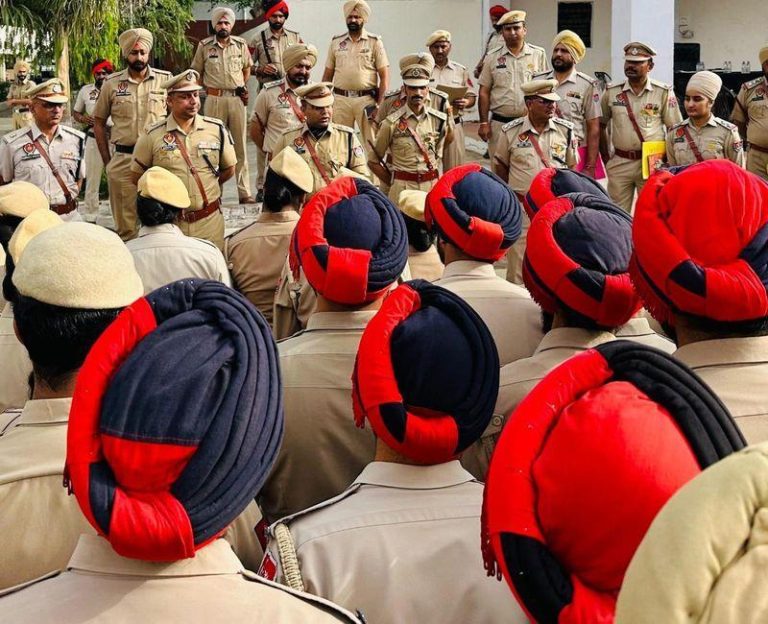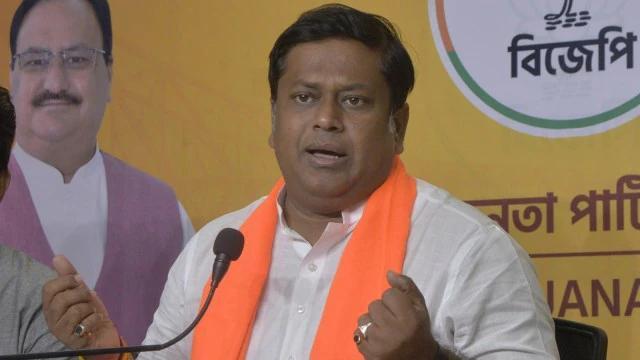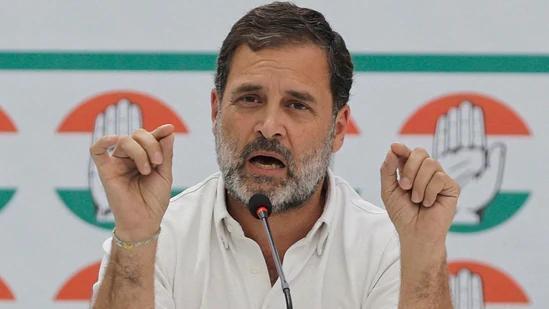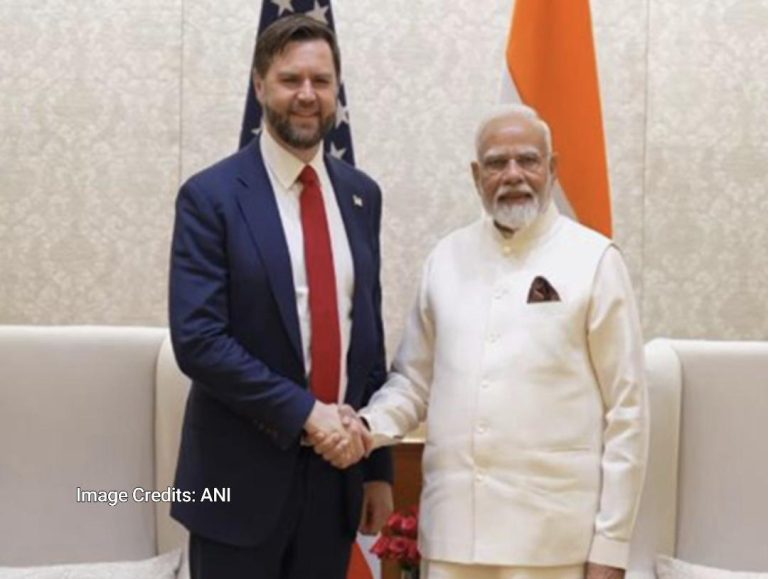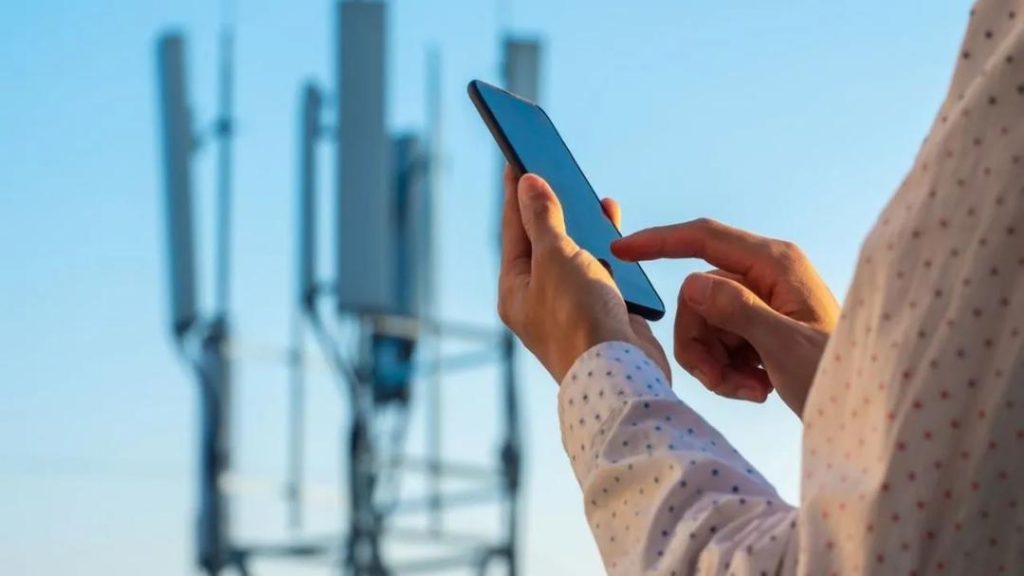
Foreigner held for unauthorised use of satellite phone in Kerala
In a recent incident that highlights the complexities of international communication and regulatory boundaries, an Israeli tourist was arrested in Kerala, India, for using an unauthorised satellite phone. David Elis Bona, a 75-year-old tourist, was taken into custody by the authorities after he was found using a satellite phone that was not registered or licensed in India.
According to reports, Bona had purchased the satellite phone in Dubai, unaware of the restrictions on their use in India. He was using the phone to stay in touch with his family and friends back home while on a trip to Kerala. However, his actions did not go unnoticed for long, and he was soon arrested by the police in Mundakayam, a town in the Kottayam district of Kerala.
The incident reportedly occurred on March 12, and Bona was taken into custody by the local police, who were assisted by the Intelligence Bureau and the National Investigation Agency (NIA). He was questioned extensively by the authorities, who sought to understand why he was using an unauthorised satellite phone.
After a thorough investigation, the authorities seized the satellite phone and filed an FIR under the Indian Wireless Telegraphy Act, which prohibits the use of wireless telegraphy apparatus without a valid licence. Bona was later granted bail, but not before he faced several days of questioning and detention.
The incident has raised questions about the use of satellite phones in India, particularly among tourists and foreign nationals. While satellite phones can be a convenient and reliable means of communication, they are subject to strict regulations and licensing requirements in many countries, including India.
In India, the use of satellite phones is governed by the Indian Wireless Telegraphy Act, 1933, and the Union Territory Wireless Telegraphy (Licensing and Regulation) Rules, 1959. Under these laws, the use of satellite phones is restricted to certain categories of users, such as government officials, defence personnel, and journalists, who are issued special licences by the Department of Telecommunications.
Tourists and foreign nationals, on the other hand, are not allowed to use satellite phones in India without a valid licence. However, many tourists are unaware of these restrictions, and some may use satellite phones without realising the legal implications.
The arrest of David Elis Bona has highlighted the need for greater awareness about the use of satellite phones in India. While it is understandable that tourists may not be aware of the regulations, it is essential that they are informed about the laws and regulations of the country they are visiting.
In this case, Bona’s actions were likely driven by a desire to stay in touch with his family and friends back home, but his failure to obtain a valid licence for his satellite phone led to his arrest and detention. The incident serves as a reminder that tourists must respect the laws and regulations of the countries they visit, and take steps to ensure that they are complying with the relevant rules and regulations.
The use of satellite phones is a complex issue, and it is essential that authorities strike a balance between allowing tourists and foreign nationals to stay in touch with their loved ones while also ensuring that they are complying with the laws and regulations of the country.
In conclusion, the arrest of David Elis Bona for using an unauthorised satellite phone in Kerala is a reminder of the importance of respecting the laws and regulations of the countries we visit. While it is understandable that tourists may not be aware of the regulations, it is essential that they take steps to ensure that they are complying with the relevant rules and regulations.
Source:
